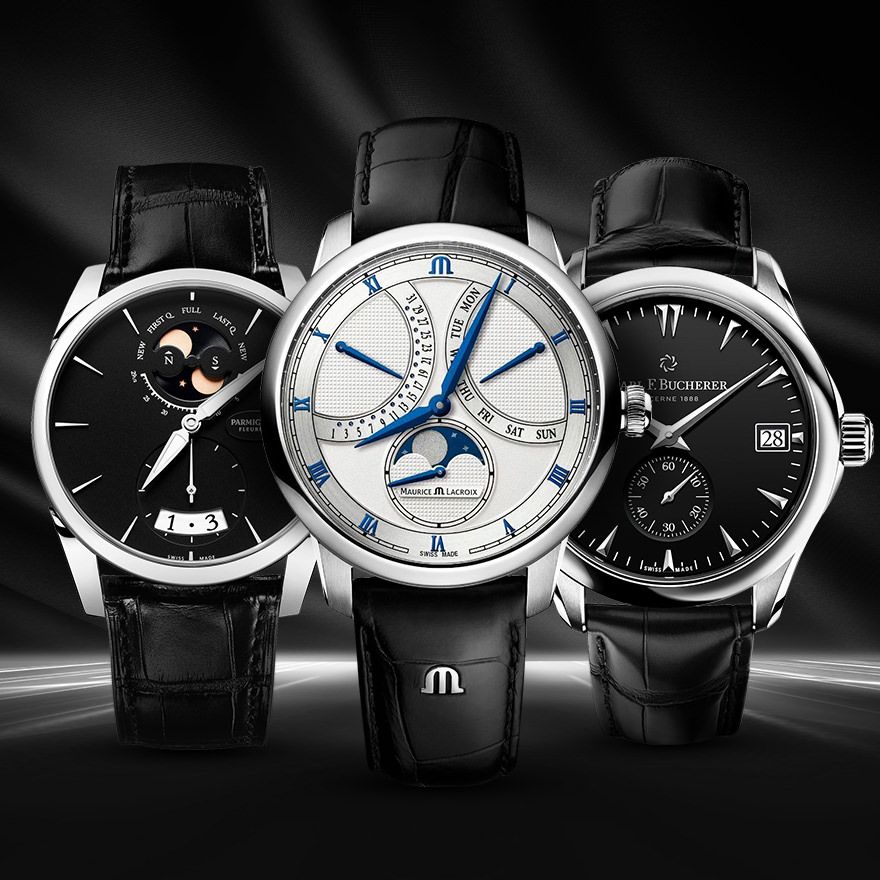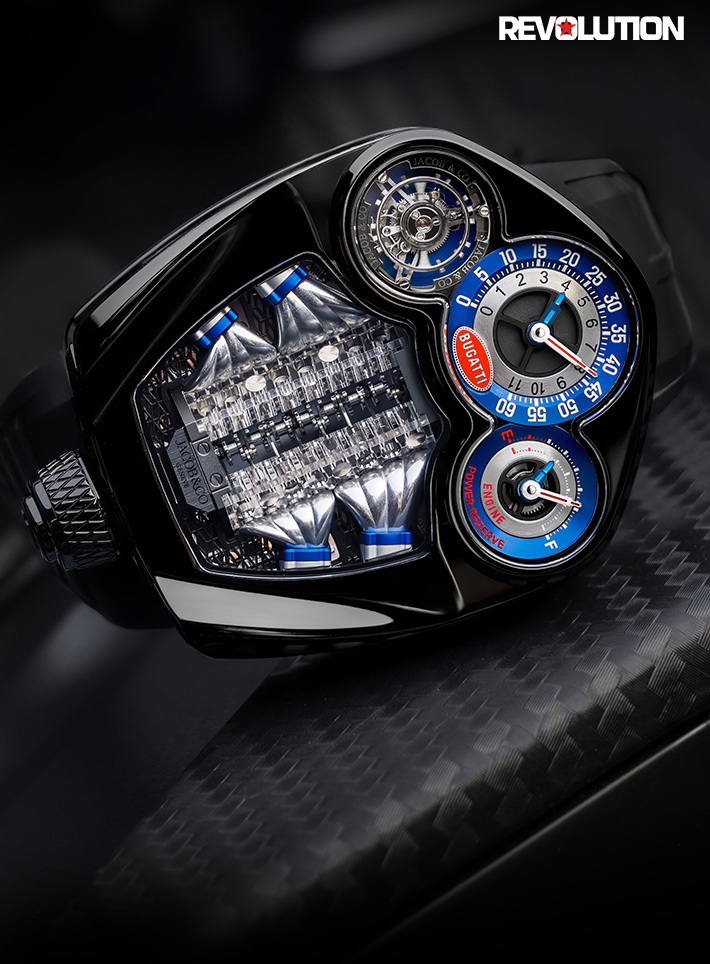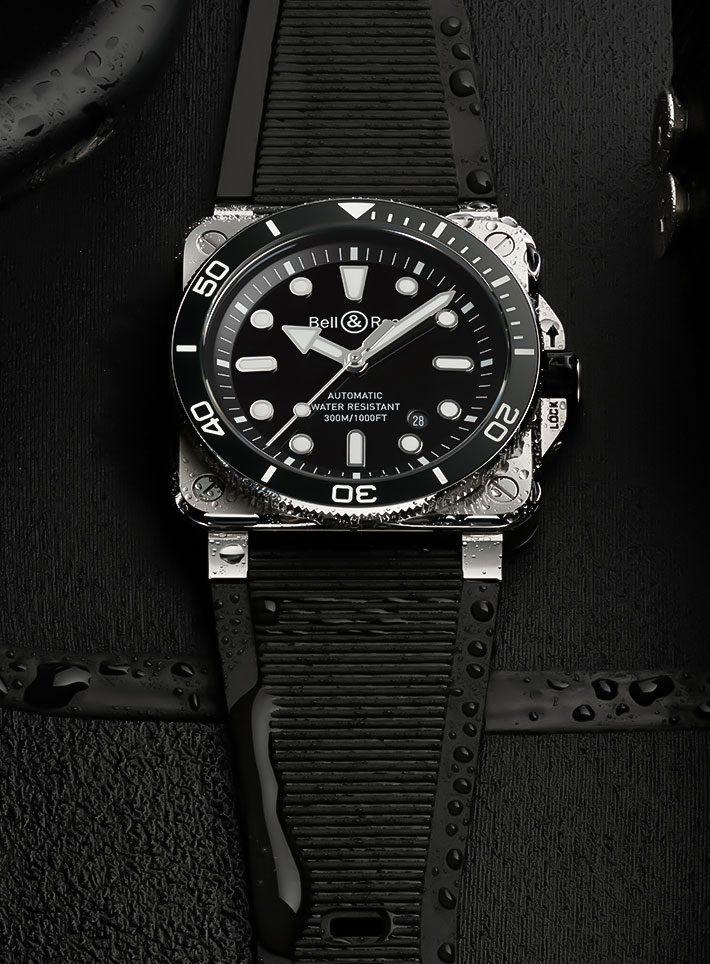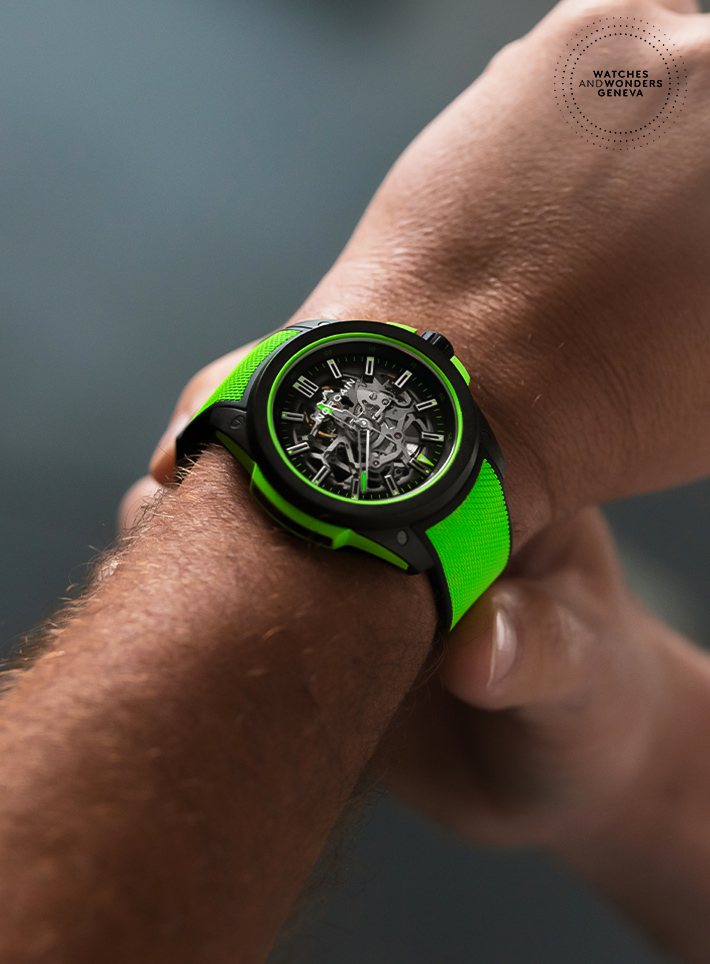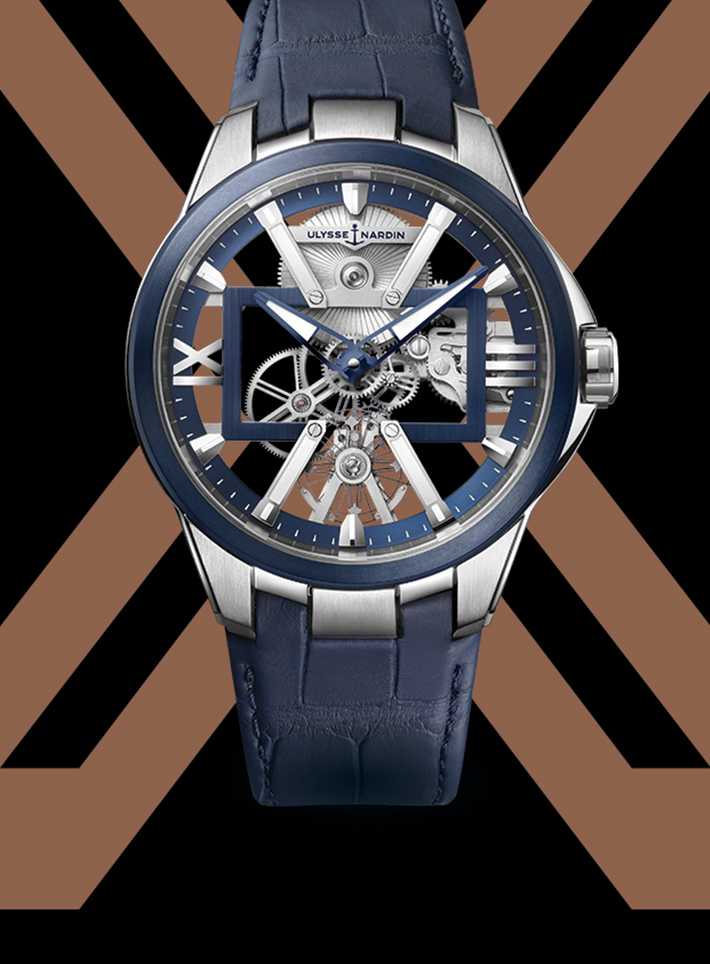ReviewPerpetual Calendar As Pride Of Place: Bovet Fleurier Virtuoso VII
Among the expected artistic flourishes on a Bovet dial, the perpetual calendar and subsidiary seconds dial mechanisms that make the Virtuoso VII stands out
May We Recommend
A retrograde perpetual calendar is tasked to reveal the day of the week, date, leap year, and at times, even moon phases. Though perceived as a high-value watchmaking complication, the function is usually tucked into an off-centred sub-dial and unless inclusive of the moon phase mechanism it often doesn’t get a second glance. However, trust the ostentatious Swiss watchmaker, Bovet, to make oft-ignored timekeeping displays their crowning glory. A case in point is the retrograde perpetual calendar of the latest Virtuoso VII, from the longstanding Fleurier line.

The Tricky Business Of Partial Skeletonised Dials
The name ‘Virtuoso’ was assigned by the Bovet maison to their in-house produced watch movements. Made from 18-karat white or red gold, the 43.3mm case houses the in-house single-barrel, manual-winding movement—calibre 13BM12AIQPR—which can store a five-day power reserve and beats at 21,600vph. The partially open-worked dial and caseback offer a peek into the movement, heat-blued screws along with the hand-engraved plate and bridges in a distinctive Fleurisanne pattern. Closed areas of the dial on Virtuoso VII models in striking red, blue, or green hues are spruced up with a distinct guilloche pattern designed by Bovet owner, Pascal Raffy, to resemble a 12-petalled lotus motif—a symbol of the house of Bovet since 1822. Protecting the delicate front and caseback is sturdy sapphire crystal.
Dual-Faced Timekeeping Capabilities Of Virtuoso VII
The latest Virtuoso VII stems from the 2015 models that had black dials, matching black alligator leather straps, diamond encrusted bezels and gold or rhodium-plated silver chain. It even shares similarities with the minimalistic salmon-dial version of the Virtuoso V. This is because all the three models are inbuilt with the patented Amadéo style convertible case, allowing the owner to manually change the watch into a wristwatch, pendant, pocket watch, or a table clock, based on their whims. Matching the design to its shapeshifting abilities, there’s a dial each on the front and back. The retrograde perpetual calendar occupies the front face as a thick circular ring around the central hour and minute display. The calendar ring with an odd-number display in Arabic numerals resembles a graduate scale. It is assisted by an arrowhead-style retrograde hand, peeking from below the main dial to point at the correct date.
Positioned like two ears on either side of the main dial are semi-circular day and month indicators. A third crescent below the main dial is the ‘double co-axial seconds’ indicator—another highlight of Virtuoso VII. This means a subsidiary seconds dial is also two-faced, but viewable from the same spot of six o-clock on either side. Going the extra mile, a tiny leap year aperture sits at 12 o’clock in line with the fluted crown above, nestled within a trademark protector—the setup studded with three cabochon-cut stones matching the dial colour. By gracing the top areas of the decorative dial with the words ‘perpetual calendar’ in cursive font, the brand drives home that the feature is intended to be the cynosure of all eyes in the Virtuoso VII model.
The caseback is also graced by a two-hand guilloche dial, posited off-centre at 12 o’clock. Sprouting from this dial, between nine o’clock and 10 o’clock is a fan-shaped power reserve indicator. And of course, the double co-axial seconds’ indicator at six o’clock.
Along with intricate timepieces, the Swiss maison respect those who value time. Do take a moment to relish the three French sentences in cursive writing, running along the rounded edge of the dial: Faictes de mains de maistres—pour servir ponctuels gentilshommes—ce par quoy attestons longue valeur (Masterfully handcrafted—to serve punctual gentlemen—whereby we certify lasting value).
